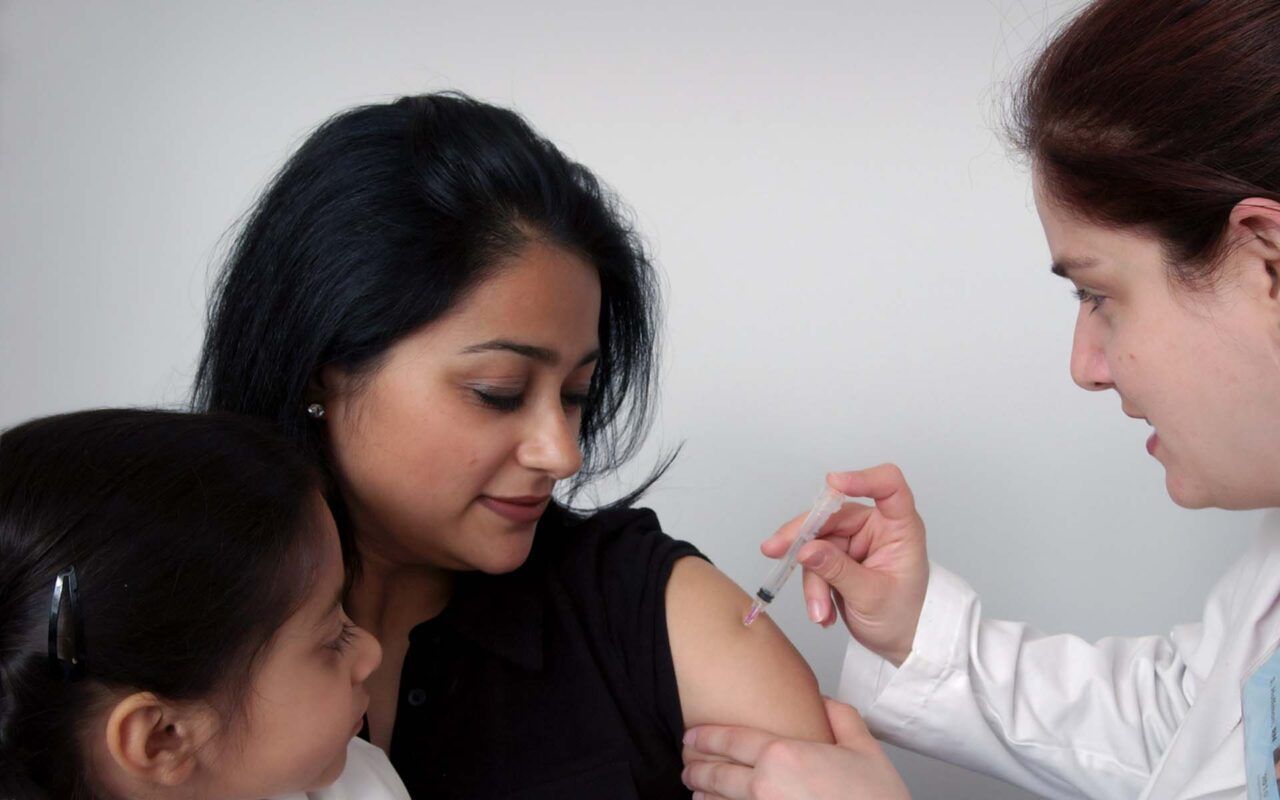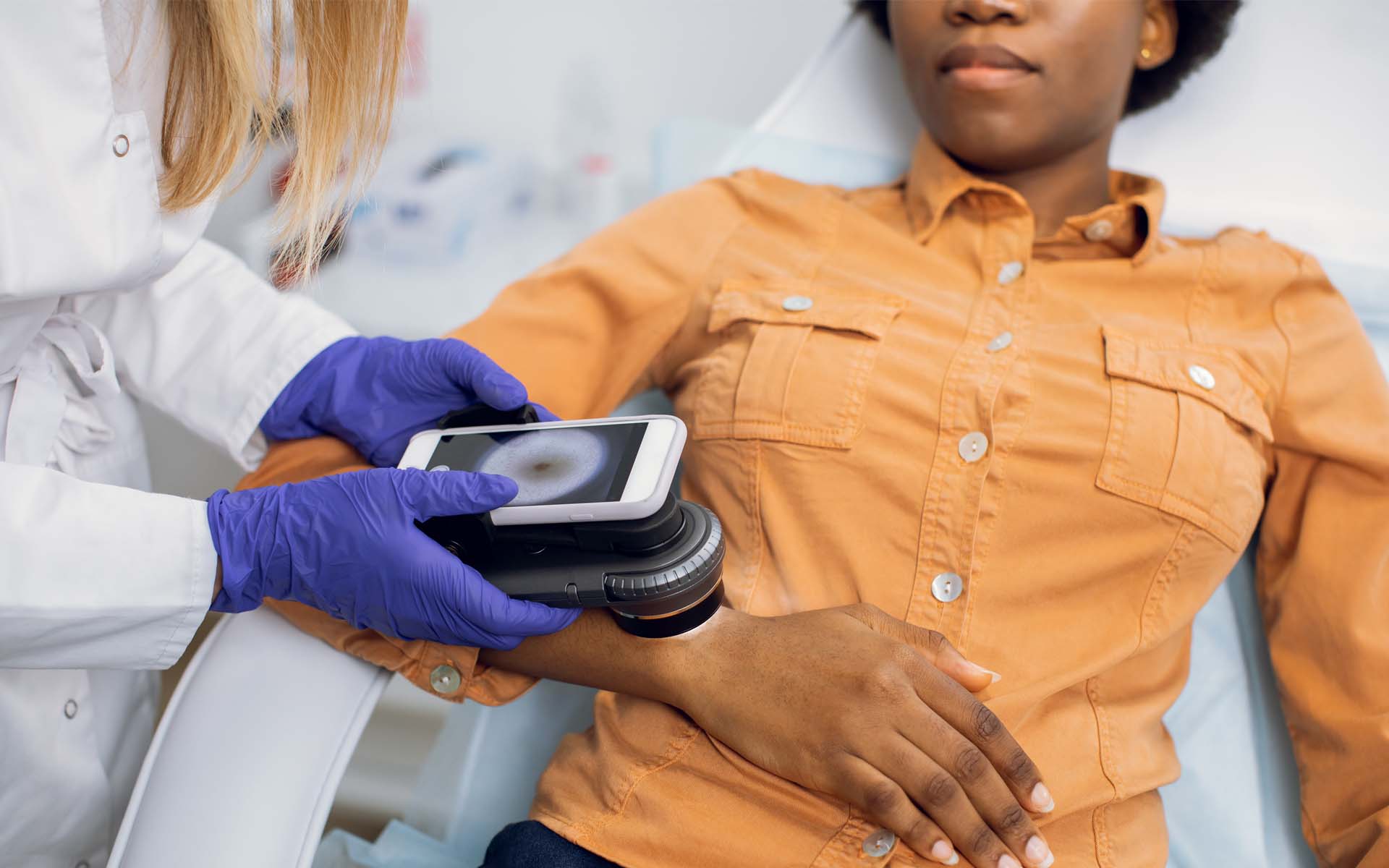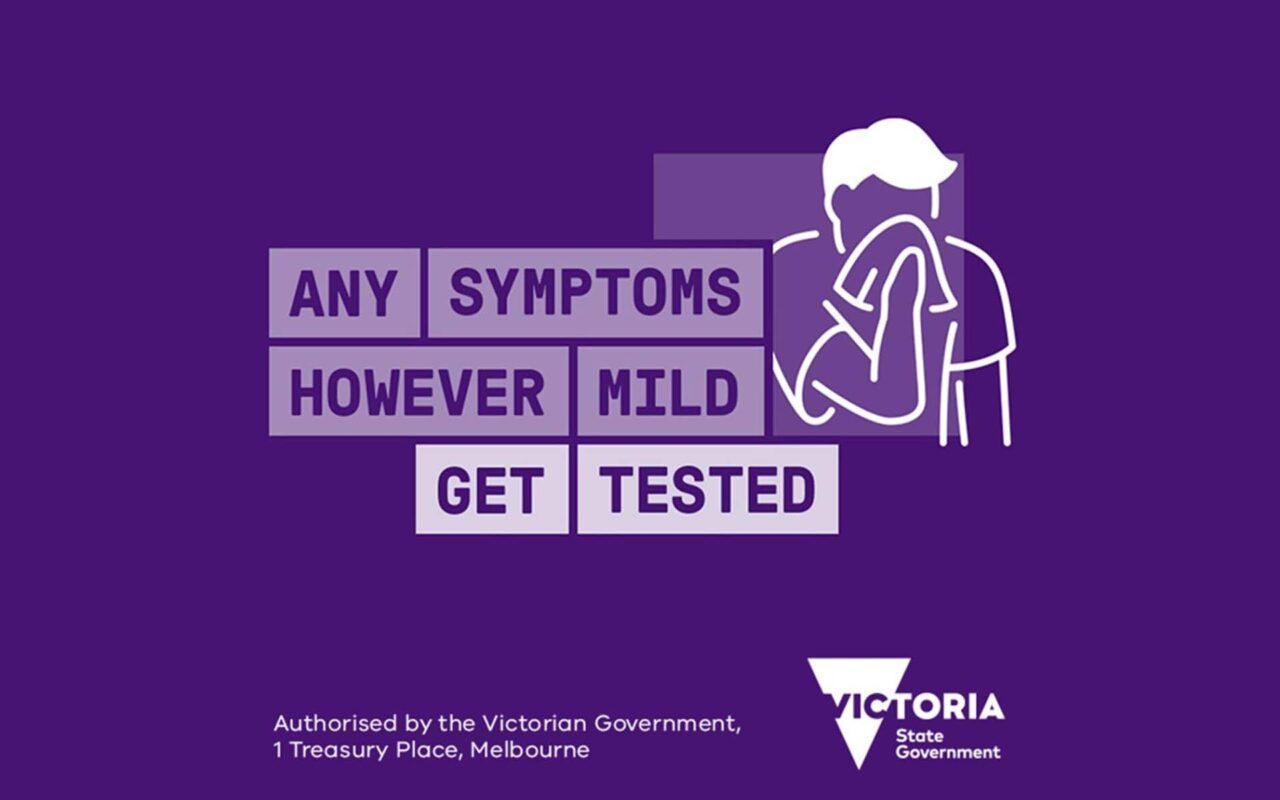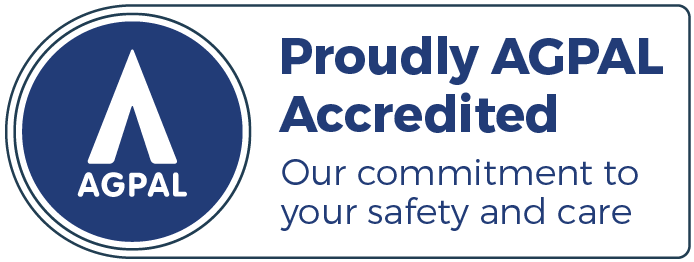Blog

Alfred Road Medical Centre - Werribee Medical Centre is delighted to welcome Dr Priyanka Arlagadda to our practice. Dr Priyanka has practiced in India and NSW before joining Alfred Road Medical Centre. Dr Priyanka's special interest is in Obstetrics and Gynaecology, Skin Cancer, elderly care , general medicine and paediatrics. Please call 03 8336 9333 to book an appointment to see Dr Priyanka or through the HOTDOC app on our website.

As the colder months are creeping up on us, we know what is on everyone’s mind. Will I catch the flu? How do I prevent getting sick this season? Here at Alfred Road Medical Centre , we understand your concerns about the winter months and are here to help. Health experts are currently warning Australia is on the track for a high flu season with growing numbers compared to the winter in previous years. We have gathered our most helpful tips to assist you in achieving the healthiest winter and thriving during flu season. It is becoming more common to catch the flu or start getting flu-like symptoms during the colder months between April to October. During this period, taking the right provisions may reduce your chance of becoming ill or contagious to others. In order to discuss the tips for surviving flu season, we must first understand what the flu is. What is the Flu? The flu, which is also referred to as influenza, is a viral respiratory illness. It is often confused with the common cold however, flu symptoms also include fever, cold sweats, exhaustion, aches throughout the body headache, and even some gastrointestinal symptoms, for example, diarrhea and vomiting. It is important to become aware of your own symptoms as the flu is highly contagious and adults are able to spread the virus one day prior to the appearance of symptoms and also up to seven days after the symptoms have started. How to prevent getting the Flu In preparing for the flu season it is important to practice healthy habits. Receiving a flu vaccine protects you from viruses that are common for this year and you can receive more information about vaccinations from our Werribee Clinic as we have vaccine doctors on site. However, to take care of the rest of winter’s germs there are some ways to prevent the flu in your everyday life: Washing your hands or using of hand-sanitizer: It is important to regularly wash your hand or use an alcohol-based hand sanitizer. Remember that this will get rid of the bacteria and associated viruses that cause the flu. If possible, avoid touching your nose, eyes, or mouth with unwashed hands: This relates to the first tip, touching a contaminated object leaves germs on your hands which can increase the chance of the flu. When you do need to touch your face, wash your hands first. Eat well, stay active and get a good night’s sleep: In keeping a healthy immune system it will help you fight off winter illnesses. Also, managing stress will increase your immune function. Stay away from people who are sick: The symptoms of the flu are easily spread and therefore, it is important to stay away from close contact with those who are infected. Especially at work, it is important to avoid areas that have a lot of people to reduce the chance of touching someone sick. Contact your doctor as soon as possible if you get flu symptoms: It is important to contact your Werribee GP if you require any further assistance. They will provide you with tips specific to your individual health. Treating the Flu If you do get sick in the next few months, the first course of action when you get the flu is to rest and drink a lot of fluids. The symptoms will depend on the specific type of illness the individual has contracted. You will still need to practice prevention techniques for the flu when you get sick such as maintaining healthy habits to shorten your recovery. During the time you are ill, you can easily spread germs around to other people and therefore you will need to be aware of your coughing and sneezing, making sure you use a tissue to stop germs from going airborne. If your work or school allows it, it will be a good idea to stay at home to avoid getting into contact with your peers. If you are experiencing any uncomfortable symptoms and would like further information on preventing yourself from the flu, please don’t hesitate to contact one of our Sunshine bulk billing doctors who are only a phone call away to help you thrive this winter.

Here at Alfred Road Medical Centre , we know that summer in Australia can be brutal for our skin. In the summer months, we see dangerously high levels of Ultraviolet Radiation, also known as UV radiation, which has been linked to skin cancers and melanoma. However, these risks can be prevented by getting a regular mole and skin check. If you spend a lot of time outdoors or have a family history of skin cancer, book an appointment with one of our Sunshine Medical Centre’s GPs for a skin check. Early detection is important as it may prevent the spread of skin cancer to other parts of your body. What is UV radiation? UV Radiation is part of sunlight that can cause both sunburn and tanning. While a little bit of sunlight is good for you, too much can lead to a variety of health problems such as skin cancer and eye damage. If you maintain a tan long-term or get sunburnt frequently then your health may be at risk. How do we know if UV radiation is high? Ever since the link between cancer and UV radiation was discovered, an index has been created to warn people about days where UV radiation is particularly high. This is often included on weather information sites such as the Bureau of Meteorology, as well as in print and TV media. The index is included alongside information of when the UV radiation is at its highest; usually between 11 am to 3 pm. UV radiation information is monitored by a government agency called ARPANSA (Australian Radiation Protection and Nuclear Safety Agency.) On their website , they have graphs showing how much UV radiation is present. The Bureau of Meteorology uses information from ARPANSA and, if the UV index is above 3, they issue a warning. There are also Sun Smart apps available which are endorsed by the Cancer Council and have information on UV radiation. What can we do to protect ourselves from UV Radiation? There are plenty of steps that we can take to ensure we protect ourselves from harsh UV radiation. Most importantly, when UV radiation is high try keeping out of the sun for long periods of time. Try wearing sunglasses to protect your eyes and remember that clothing can help shield your skin. For example, if you’re out and about on a hot day then it’s a good idea to wear a top that protects your shoulders. To protect the rest of your body you should wear sunscreen that is at least 30+ SPF. SPF stands for Sun Protection Factor, it protects your skin from UV radiation and prevents sun damage. The higher the SPF, the greater the protection. Remember to reapply it every few hours as well as after swimming. Wearing a hat is also advised as it protects your scalp more thoroughly than your hair can. Taking these steps means that you can enjoy summer without having to worry about your health. If you have any more questions, are looking for advice or want to inquire about a skin check then, visit Alfred Road Medical Centre today and see one of our Alfred Road Medical Centre’s GPs for further discussion.











